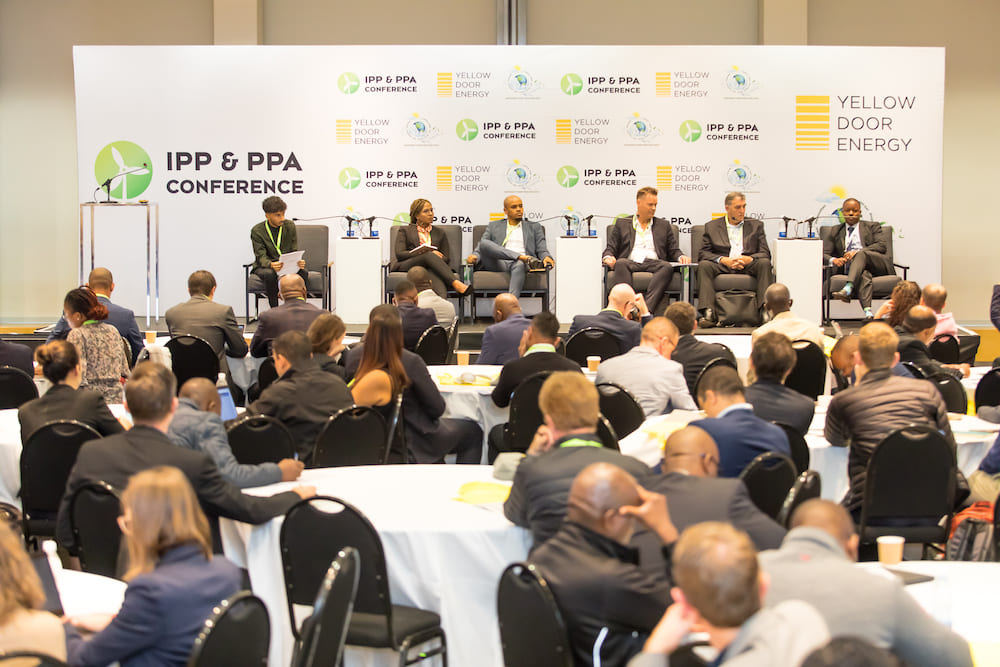
The Independent Power Producers (IPPs) is an official side event of the Africa Energy Indaba at Cape Town, South Africa:
As Africa continues to navigate the complexities of meeting its growing energy demands while advancing sustainable development goals, the role of Independent Power Producers (IPPs) emerges as a critical component of the continent’s energy landscape. An official Side Event of the Africa Energy Indaba, the 10th edition of the IPP & PPA Conference will feature content relating to the theme titled “The Role of Independent Power Producers in Africa: Driving Sustainable Energy Solutions and Economic Growth”. The event will shed light on the transformative impact of IPPs in fostering energy security, promoting investment, and catalysing economic growth across the region.
The IPP & PPA Conference highlights that IPPs play a pivotal role in bridging the energy gap, particularly in regions where access to reliable electricity remains a significant challenge. By leveraging private sector investments, expertise, and innovative technologies, IPPs have contributed to expanding access to electricity, enhancing grid reliability, and diversifying the energy mix in various African countries. Furthermore, supporting the role of IPPs is understanding the structuring of Power Purchase Agreements (PPAs). A Power Purchase Agreement (PPA) establishes the price, duration, and other essential terms under which electricity generated by the producer will be bought by the purchaser, providing financial predictability for both parties involved.
“IPPs are instrumental in accelerating the deployment of renewable energy resources, improving energy efficiency, and promoting sustainable development across Africa,” said Liz Hart, Managing Director of the Africa Energy Indaba. “Through public-private partnerships, policy incentives, and regulatory frameworks that facilitate private sector participation, African governments can unlock the full potential of IPPs to drive economic growth, create jobs, and mitigate climate change impacts.”
Key aspects relating to IPPs include:
- Energy Access: IPPs have played a significant role in increasing access to electricity in rural and urban areas, enabling communities to unlock opportunities for education, healthcare, and economic development.
- Investment and Innovation: By attracting foreign and domestic investments, IPPs have facilitated the deployment of innovative technologies and solutions that enhance energy efficiency, reliability, and sustainability.
- Policy and Regulatory Frameworks: The success of IPPs is closely linked to conducive policy environments, transparent regulatory frameworks, and risk mitigation mechanisms that foster investor confidence and facilitate project development.
- Economic Growth: IPPs contribute to job creation, skill development, and local economic development through supply chain integration, infrastructure development, and community engagement initiatives.
The IPP & PPA Conference will feature discussions aimed at providing a platform to engage between governments, regulatory authorities, financial institutions, and the private sector to address existing challenges, streamline processes, and create an enabling environment for IPPs to thrive. By leveraging the expertise, resources, and capabilities of IPPs, Africa can accelerate its transition towards a sustainable, inclusive, and resilient energy future.
For more information on participation, sponsorship opportunities, or event details, please visit www.africaenergyindaba.com By Qondakuhle Dwangu Communications Manager


Get Trustpilot Reviews for your business reputation.
It’s very important for your business.
Because customers first time see your reviews and make a decision
about your business is good or bad. So, Reviews Go a Vital role for business
& it can often be the crucial tiebreaker between equidistant businesses.
Reply me for details
✔ Express Delivery
✔ High Quality
✔ No need any admin access or password
✔ 24/7 Customer Support
✔ Unlimited split available
Reply me for details
We also provide website visitors, seo service,
speed optimization, website design etc.
Thanks